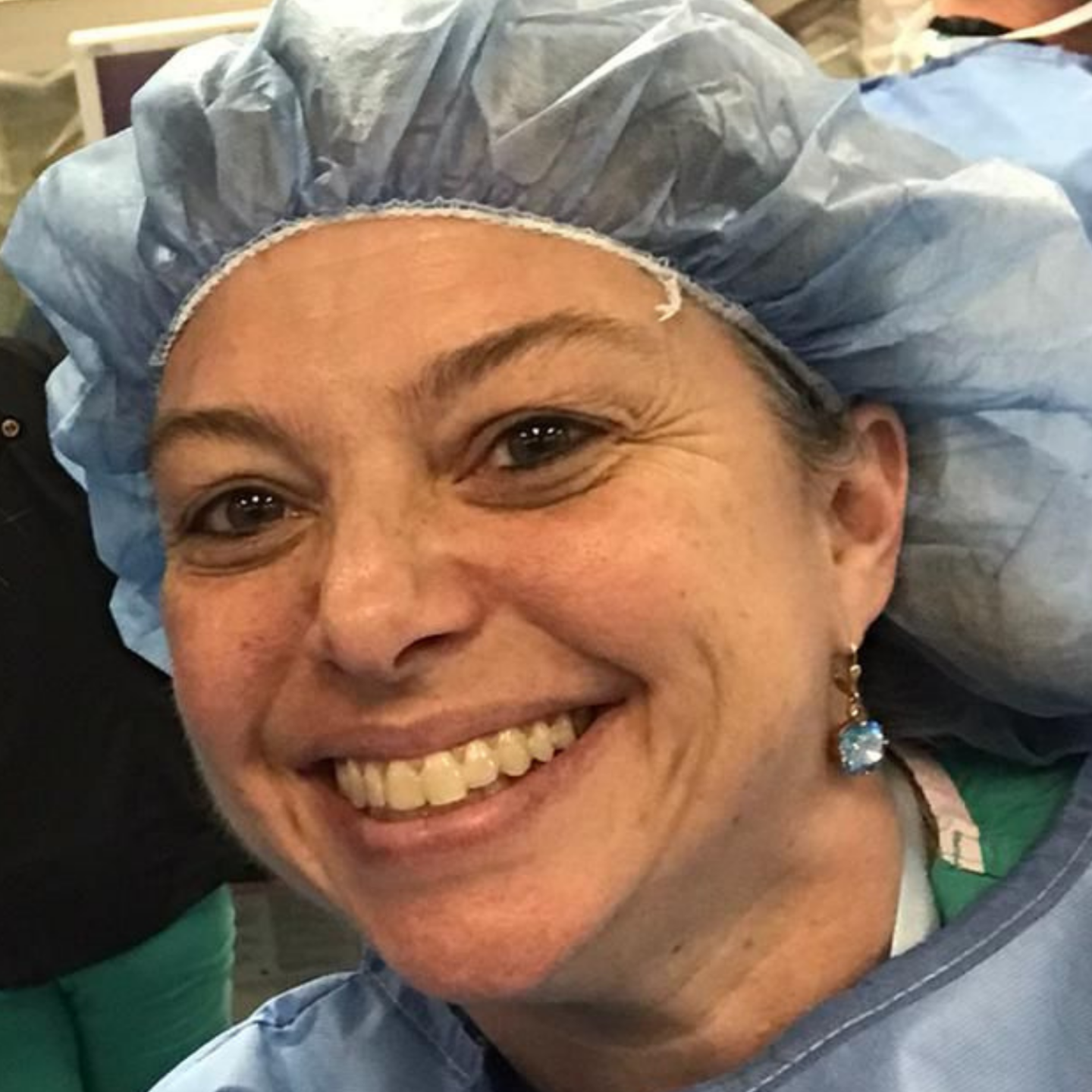
Finding Joy Again in Academic Medicine Through a Career Pivot
Nov 03, 2025Several years ago, I stepped away from clinical medicine for 18 months to build a utilization management program at my children’s hospital.
It was a major change. Instead of treating one patient at a time, I was designing systems that improved care for thousands. The work gave me a broader lens on medicine and new leadership skills I never would have learned in the operating room.
But here is what surprised me: the thing I missed the most was not only the patients. It was the coaching and mentoring of trainees and young physicians. That daily rhythm of teaching, encouraging, and helping the next generation succeed was what gave me energy.
When I came back to clinical work, I carried both perspectives with me. I had the broader, system-level view and a renewed appreciation for the day-to-day interactions that make academic medicine meaningful.
Why This Matters for Faculty
If you are a faculty member, you may recognize some of these feelings:
- Your days are filled with clinic and cases, yet you cannot find time to finish a manuscript or prepare a grant.
- Administrative tasks pile up, and you wonder how any of it contributes to your promotion.
- The service work you are asked to do rarely matches your true interests.
- You feel stretched thin between professional obligations and family responsibilities, leaving little energy for the parts of the job you love.
Here is the truth: you do not need to leave academic medicine to reconnect with your purpose.
Small shifts can make a big difference. For example:
- A colleague of mine adjusted her clinic template from four half-days a week to three full days. That one change gave her uninterrupted time to focus on her research.
- Another faculty member I coached began blocking out a weekly “mentor hour” on her calendar to meet with residents. It quickly became the most energizing part of her week.
- I have seen early-career physicians negotiate for administrative support to handle paperwork, which freed them to focus on teaching or scholarship.
Sometimes the answer is a larger pivot:
- A surgeon may step into an education leadership role as residency director, which re-centers their work around mentorship and curriculum design.
- A researcher may transition to directing a clinical outcomes program, expanding their impact while maintaining a scholarly focus.
- A clinician may take on hospital committee leadership, learning how to influence policy and quality initiatives that shape care at a systems level.
Each of these pivots kept the faculty member within academic medicine, while giving them space to reconnect with what they value most.
Why This Matters for Departments
This is not only about individual fulfillment. When faculty find alignment, departments thrive.
- Retention: Physician turnover costs institutions two to three times a faculty member’s salary (Sinsky et al., Ann Intern Med, 2021). One chair I worked with estimated the cost of replacing a single mid-career surgeon was nearly $500,000 when accounting for recruitment, onboarding, and lost revenue. Departments that invest in coaching reduce burnout and improve retention, saving money and stabilizing their teams.
- Reputation: When faculty are supported in aligning their work with their passions, they become more productive and visible. For example, a colleague who focused her scholarship on sleep medicine outcomes became a national speaker and panelist. Her recognition elevated both her personal brand and her institution’s profile. Departments that cultivate this kind of growth gain a competitive edge in national rankings and conference invitations.
- Culture: Coaching fosters a culture of resilience, mentorship, and collaboration. In one department, group coaching sessions improved cross-generational communication, helping senior faculty mentor junior colleagues more effectively. Departments with strong cultures attract talented residents and fellows who want to learn in a supportive environment.
- Promotion: Coaching provides the structure and accountability that accelerates promotion readiness. A junior faculty member I coached moved from feeling overwhelmed by her teaching and service load to building a clear, documented education portfolio. Within two years, she was promoted, and her department gained another leader who could carry responsibility for mentoring others. Research confirms this pattern: physicians who receive coaching are more likely to achieve promotion milestones earlier (Dyrbye et al., JAMA Intern Med, 2019).
In short, when faculty thrive, the department thrives.
The Takeaway
My pivot into utilization management did not take me out of academic medicine. It reminded me why I wanted to stay and helped me return with more clarity, more purpose, and more joy.
Your career can evolve too. Sometimes you just need support to make the pivot, whether small or large, that reconnects you with what you love about this work.
Why Coaching Matters at the Department Level
📊 Quick Facts:
- Turnover costs 2–3 times a faculty member’s salary (Sinsky et al., 2021).
- Coaching interventions reduce burnout and improve professional fulfillment (Dyrbye et al., 2019).
- Faculty who feel supported are more likely to be promoted, stay longer, and bring national recognition to their institutions. And most importantly, they enjoy their job more!!
What You Can Do
If you are a faculty member who sees yourself in this story, consider encouraging your department to explore coaching not just for individuals, but for the whole team.
That is why I created the Faculty Excellence & Retention Initiative (FERI). It is a structured, department-wide coaching program designed to:
- Help faculty clarify their vision and align their work.
- Build promotion pathways that feel achievable.
- Strengthen departmental culture, visibility, and retention.
When departments invest in coaching, everyone rises together.
👉 Talk to your chair. Share this article. Start the conversation about what coaching could mean for your department.
Stay connected with news and updates!
Join our mailing list to receive the latest news and updates from our team.
Don't worry, your information will not be shared.
We hate SPAM. We will never sell your information - for any reason.



